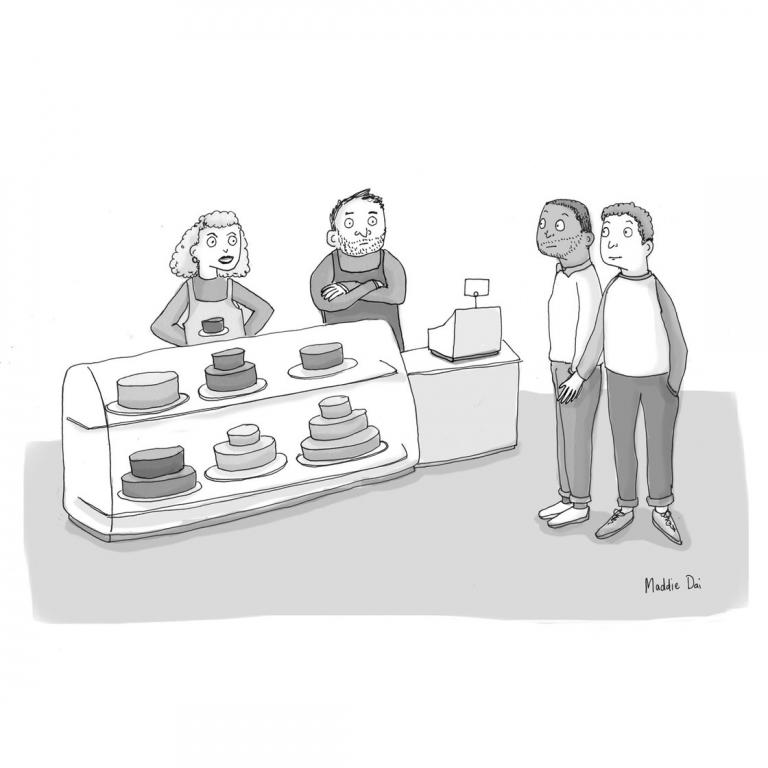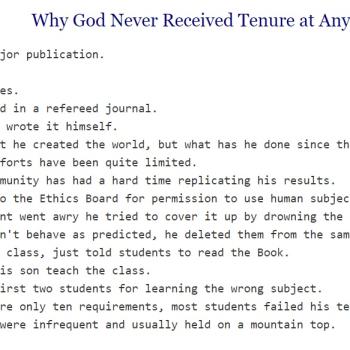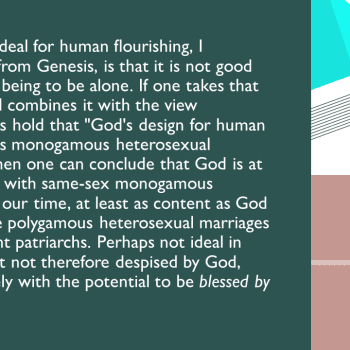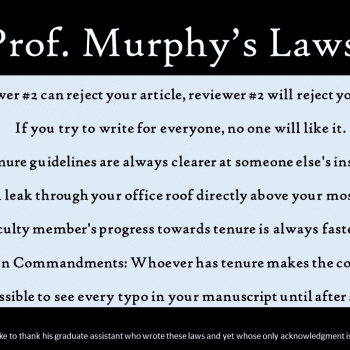The New Yorker shared this cartoon:

Here’s the caption:
“I’m sorry, but we believe in tradition—marriage should exclusively be about bringing a brief moment of calm between two warring kingdoms.”
There have been a lot of memes about “traditional marriage” or “biblical marriage,” many of which highlight stories such as Solomon’s many wives and concubines. What most of them fail to adequately incorporate is the very different social functions of ancient marriages vs. modern ones, regardless of the gender of the parties involved. On the one hand, there was of course the production of legitimate male offspring who could not only inherit your wealth and business but take care of you when you were old, something crucial in a world without assisted living facilities.
But even more than that, marriage was about forging a relationship between families and clans, and on a larger scale between kingdoms.
The clearest way to bring into focus how different our approach to marriage is to that of ancient societies (and many still in other parts of the world) s to think about arranged marriages. Why do we not continue that practice? Because marriage is no longer primarily about forging alliances between families and clans. It has become something much more individualistic. And that is neither an inherently good thing nor an inherently bad one. It is just different – different from “traditional marriage” irrespective of whether it is between people of the same gender or different.
There has been a lot of blogging and other commentary on the recent case regarding the baking of cakes for weddings between two people of the same gender, in light of the supreme court decision. For instance, David Opderbeck wrote on this subject:
I cannot “stand up” for Jack Phillips because the case is about something so central to the Gospel narratives: eating with “sinners.” Jesus had a “right” to avoid contact with the sinners and outcasts of his culture. By exercising this right, he could have won the approval of the religious establishment. He did precisely the opposite. Maybe Jack Phillips and other bakers, florists and service providers really do have a Constitutional right to refuse any hint of association or endorsement with the LGBT people they perceive as outcast sinners. But I’ll stand up with people who are criticized by religious pundits for eating with those sinners before I’ll stand up with people who assert their legal rights to keep a pure distance from the mess of the common culture — because that’s what I think Jesus’ example demands.
Kaitlin Curtice wrote in Sojourners:
What does it mean to be an activist? And what does that mean as Jesus followers?
It means that we’re unwilling to sit quiet in the face of injustice.
It means we call out fear-mongering in public and private places.
It means we sit in uncomfortable spaces and make room for shalom to blossom.
It means we look at our own privilege and ask what place it has in the world.
It means we make the tables bigger.
Of related interest:
http://jewishchristianintersections.com/?p=1076
See too Paul Flesher’s blog post, as well as Libby Anne’s about “traditional family values,” and the USA Today article about a hardware store that has gone even further and posted a sign that says “No Gays Allowed.”













